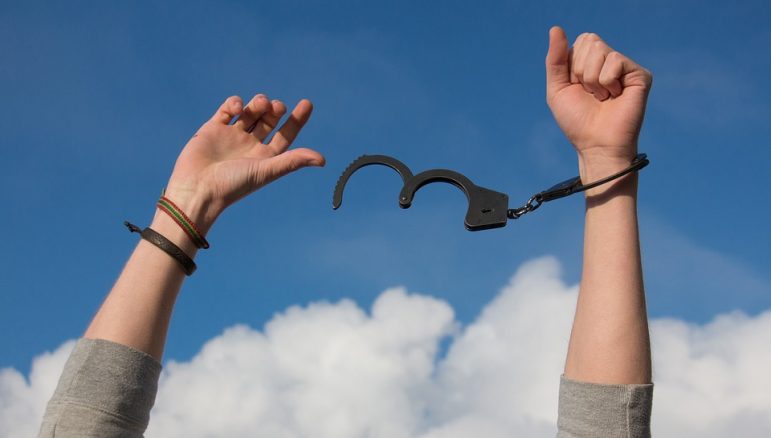Introduction: A New Model for Overcoming Addiction
In a world where addiction is treated as a legal problem or a moral weakness rather than a medical condition, many patients face ineffective rehabilitation programs with high costs and low success rates.
While in Latin America and the U.S. private rehabilitation centers operate with a commercialized and poorly regulated approach, Cuba has developed a scientific and accessible model, focused on the integral recovery of the patient.
Cuba not only treats addiction as a disease, but also reconstructs the patient’s life, incorporating innovative methods such as music therapy, art and physical activity in their recovery process.

The Cuban Approach to Addiction Treatment: Science, Therapies and Reintegration
Unlike other countries, where treatments often focus exclusively on detoxification, Cuba combines medical, psychological, and social strategies to ensure a real and lasting recovery.
1. Comprehensive Diagnosis and Personalized Treatment
✔ Complete medical evaluation of the patient to determine the best therapeutic approach.
✔ Use of specific medications to control withdrawal symptoms.
✔ Cognitive-behavioral therapy to change destructive thought patterns.
2. Complementary Rehabilitation Therapies
✔ Art therapy – Expression of repressed emotions through painting and sculpture.
✔ Music therapy – Music helps with relaxation, motivation, and emotional connection.
✔ Physical exercise – Sport helps release endorphins and combat post-detox anxiety.
3. Social Reintegration and Relapse Prevention
✔ Group sessions to foster empathy and support between patients.
✔ Strategies for post-rehabilitation labor and community insertion.
✔ Long-term clinical follow-up to prevent relapse.
Cuba vs. Private Centers in Latin America and the U.S.: What Makes Them Different?
Cuba’s rehabilitation system is radically different from the commercial models of other countries.
| Aspect | Private Centers (Latam and USA) | Cuba |
| Treatment Approach | Mainly detoxification with limited psychological support. | Comprehensive model: detoxification, psychological, social and occupational therapy. |
| Cost of treatment | Very high (between $10,000 and $60,000 USD per month). | Accessible and non-profit. |
| Regulation and transparency | In many cases, minimal or non-existent. | Controlled by the Cuban health system and based on scientific evidence. |
| Use of alternative therapies | Optional or non-existent. | Integrated into the treatment with music therapy, art and exercise. |
| Completion Rate | 40-50% (high dropout rates). | 68% success, with low levels of relapse. |
🔹 Cuba leads with a success rate of 68%, well above the global average.
(Note: A bar graph with this information could be included for a stronger visual impact.)
Rehabilitation in Cuba for International Patients
Every year, thousands of patients from Latin America and the U.S. travel to Cuba in search of effective, corruption-free, science-focused rehabilitation.
1. Why do International Patients choose Cuba?
✔ High-quality treatments with innovative methods.
✔ Personalized programs adapted to the Latino culture.
✔ Attention completely in Spanish with family inclusion.
2. How Does the Process for Foreigners Work?
1️⃣ Initial contact and medical evaluation.
2️⃣ Development of a personalized treatment plan.
3️⃣ Intensive rehabilitation and social reintegration therapies.
4️⃣ Post-treatment follow-up with medical and psychological support.
Cuba not only offers treatment, but a real opportunity for change for those who seek to overcome addiction for good.
Conclusion: Recovering in Cuba, a Safe and Scientifically Proven Election
✔ Cuba has demonstrated that effective rehabilitation is possible through its science-based approach, social reintegration and emotional well-being.
✔ The country leads with innovative and accessible programs, which have made its rehabilitation centers a world reference.
✔ Patients from all over the world choose Cuba to treat their addiction safely, away from the profit and deception of private clinics.
For those seeking a real and lasting recovery, Cuba represents a reliable, effective, and humanistic medical alternative.
